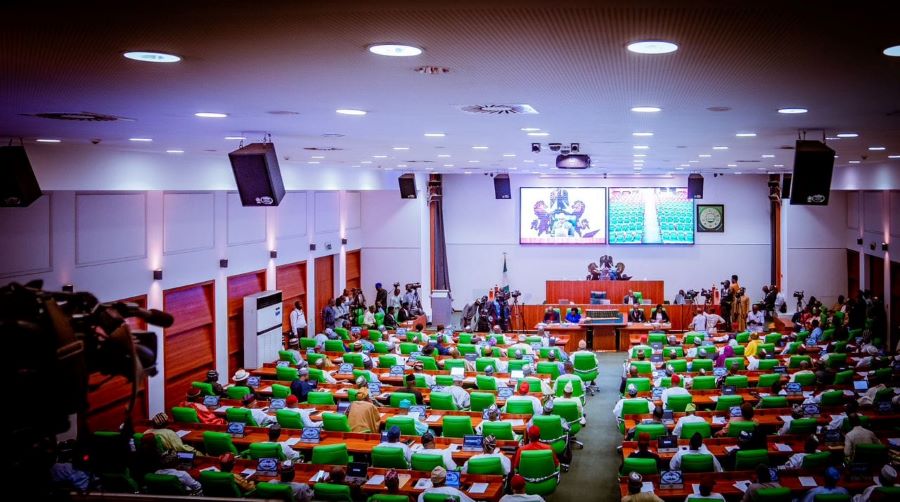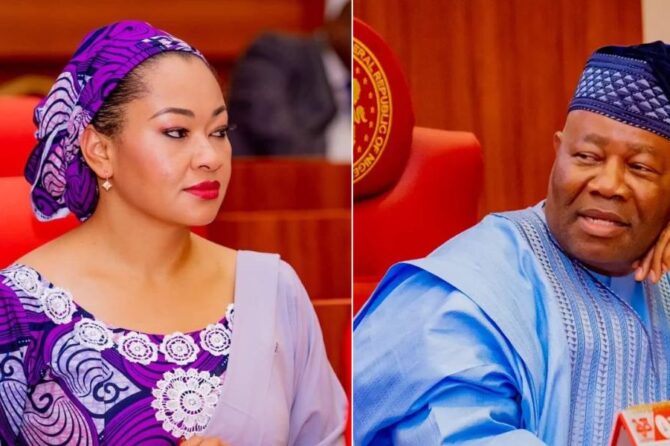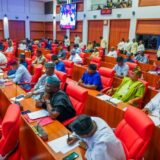National Assembly Resumes Sessions Amid Security Crises and Major Tax Reform Progress
Abuja, May 7, 2025 – The Nigerian Senate and House of Representatives resumed plenary sessions this week, focusing on escalating insecurity in Borno, Benue, and Rivers States alongside critical tax reform legislation aimed at overhauling the country’s tax administration framework.
Security Challenges in Borno, Benue, and Rivers
Lawmakers expressed grave concern over worsening security conditions in Borno State, where insurgency continues to threaten lives and infrastructure. Similar unrest persists in Benue State, particularly due to armed herdsmen attacks in Otukpo Local Government Area, and political instability in Rivers State following the declaration of a state of emergency.
The House of Representatives reaffirmed support for the President’s emergency proclamation in Rivers and established an Ad-Hoc Committee to oversee the caretaker administration, emphasizing the need for restoring democratic governance and security.
Senate Passes Two Key Tax Reform Bills
In a significant legislative milestone, the Senate passed two of the four tax reform bills transmitted by President Bola Tinubu in October 2024. On Wednesday, the upper chamber approved:
- Nigeria Revenue Service (Establishment) Bill, 2025: This bill repeals the Federal Inland Revenue Service Act and establishes the Nigeria Revenue Service (NRS), aimed at strengthening tax institutions and improving accountability.
- Nigeria Tax Administration Bill, 2025: This legislation governs assessment, collection, and accounting for revenue accruing to the federation, states, and local governments, prescribing powers and functions of tax authorities.
Senate President Godswill Akpabio commended the Finance Committee, led by Senator Sani Musa, and the Elders Committee for resolving contentious issues through extensive consultations. He expressed optimism that the reforms would revolutionize tax collection and distribution nationwide.
“These bills will add immense value to governance and transform how taxes are collected and shared in Nigeria,” Akpabio said.
The Senate also retained the Value Added Tax (VAT) rate at 7.5 percent, rejecting proposals to increase it to 10 percent. The revenue sharing formula was clarified, granting the federal government 10 percent, states 55 percent, and local governments 35 percent of total tax revenue.
Other provisions include establishing a Tax Appeal Tribunal and an Office of the Tax Ombud, both funded through the Consolidated Revenue Fund, to enhance dispute resolution and taxpayer protection.
Remaining Tax Bills Await Consideration
The two remaining bills-the Nigeria Tax Bill and the Joint Revenue Board (Establishment) Bill-are scheduled for consideration and passage in plenary on Thursday, May 8. Senate leadership has committed to concluding the tax reform package promptly, even if extended sittings are required.
Legislative Outlook and National Priorities
Beyond tax reforms, the National Assembly is expected to prioritize constitutional amendments, electoral reforms, and further security legislation. Plans are underway for a national security summit to develop comprehensive strategies addressing the country’s complex security challenges.
The resumption follows an extended recess that allowed lawmakers to engage with constituents and participate in Workers’ Day celebrations.

















